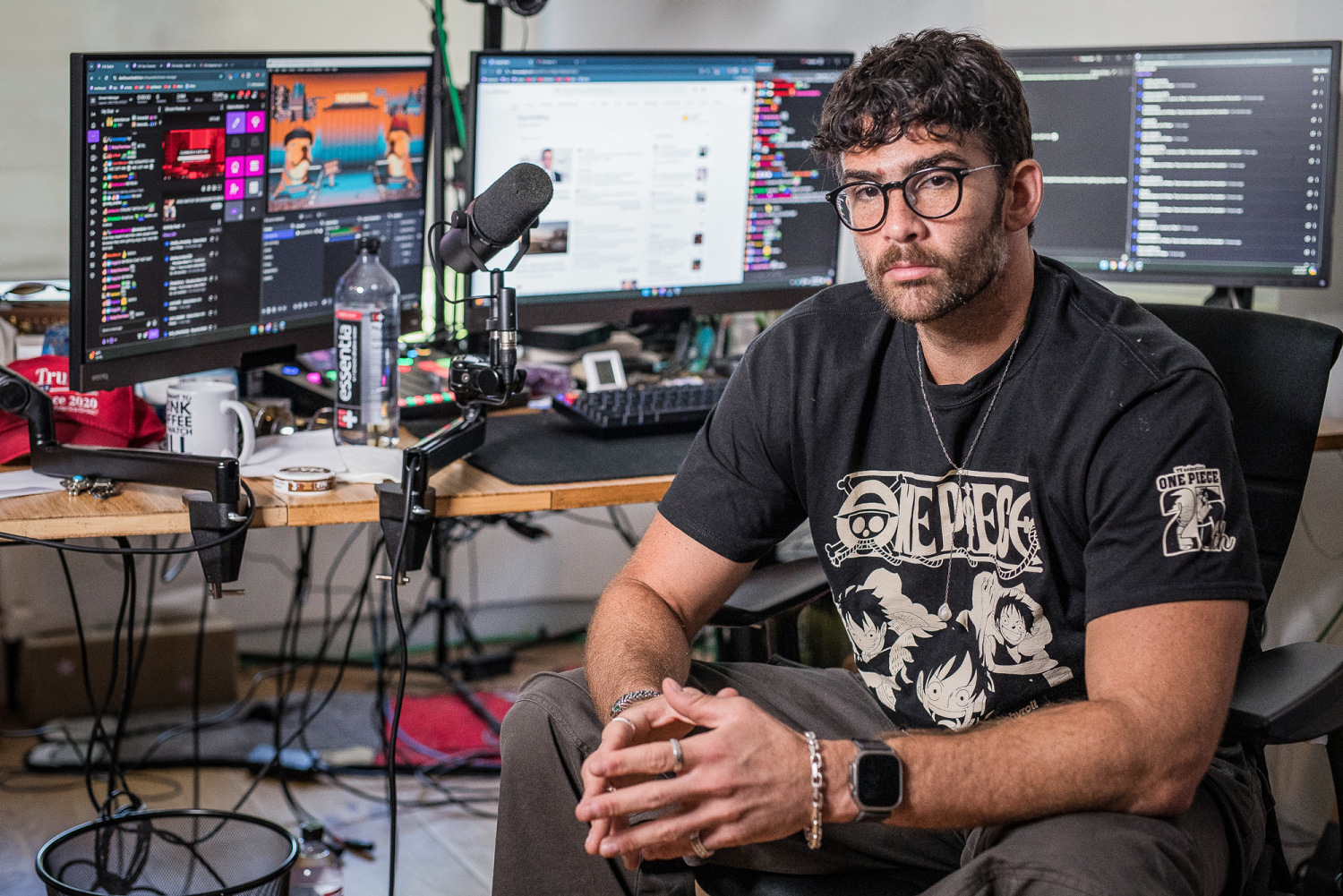
Twitch Faces Growing Scrutiny Over Content Related to Israel-Gaza Conflict
Twitch, a popular live-streaming platform owned by Amazon, is under increasing pressure following accusations of amplifying antisemitism in its content related to the Israel-Gaza conflict. The controversy has gained momentum after U.S. Representative Ritchie Torres from New York called for an investigation into one of Twitch’s top political streamers, Hasan Piker. In a letter, Torres raised concerns about Piker’s rhetoric, which he argued contained antisemitic messages, particularly in relation to his outspoken criticism of Israeli leaders.
Hasan Piker, who boasts a large following on Twitch, responded to the criticism by defending his stance, claiming that the videos referenced by Torres were taken out of context. He emphasized that his critiques were aimed at the Israeli government and its leaders, not Jewish people as a whole. Piker, known for his progressive views and commentary on political issues, especially the Israel-Palestine conflict, explained that brief video clips could easily be misconstrued to suggest something far different from his actual position.
Also Read:- Mike Kehoe Triumphs in Missouri Governor's Race Over Crystal Quade
- Bitcoin's Growing Role in U.S. Economy: Could It Be Exempt From Capital Gains?
The controversy surrounding Piker’s content is part of a broader debate over the platform’s handling of politically charged material. In recent years, Twitch has become a space where political discourse thrives, attracting both politicians and political pundits to engage in discussions about global issues. However, the platform has largely avoided major controversies around the Israel-Gaza conflict until now. Critics, including Torres, argue that antisemitic content is slipping through Twitch’s moderation system, despite the company’s stated policies against hate speech and intolerance.
Twitch has responded to the growing criticism by reaffirming its commitment to fighting hate speech. In a blog post from November 1, Twitch CEO Dan Clancy stated that the platform does not tolerate any form of racism, including antisemitism and Islamophobia. He assured users that Twitch is working hard to maintain a safe environment for all, but some critics remain unconvinced.
Meanwhile, the platform has taken other actions in response to the ongoing Israel-Gaza situation, including temporarily disabling email sign-ups in Israel and Palestine in the aftermath of Hamas' October 7 attack on Israel. Twitch later apologized for the move, clarifying that it had been a mistake. These actions have only added to the scrutiny the platform is facing.
The situation highlights the challenges faced by streaming platforms when managing politically sensitive content. While platforms like Twitch have robust content moderation systems in place, the complex nature of geopolitics means that some content can be interpreted in different ways, leading to accusations of bias and failure to adequately address hate speech.
As the debate continues, it remains unclear whether Twitch will implement stricter regulations or whether lawmakers will push for further action, including potential investigations into the platform’s content moderation practices. For now, Twitch, as one of the leading platforms for live-streaming political discourse, finds itself at the center of a controversy that reflects the larger tensions surrounding the Israel-Gaza conflict.
Read More:

0 Comments